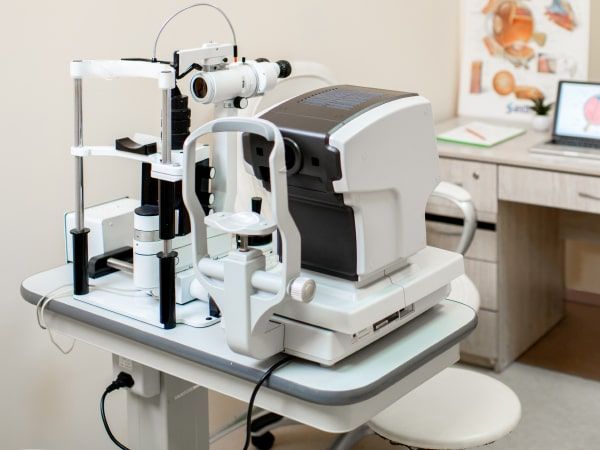Cataracts are most commonly an age-related condition that occurs as the proteins inside the clear lens of the eye begin to break down, creating a cloudy effect similar to car headlights becoming foggy over time. This results in blurred vision, fading of colors, and halos or starbursts around lights at nighttime.

There are many different types of cataracts and although natural age-related cataracts are the most common, patients of any age can develop them. Some children are born with congenital cataracts that may or may not affect their vision. You can also develop cataracts from trauma, surgery, radiation, health conditions such as diabetes, and the use of certain medications, particularly steroids.
It is difficult to predict exactly how quickly your cataracts will progress. Age-related cataracts typically develop slowly over time and do not cause symptoms until they become more advanced. However, some forms of cataracts, such as those induced by steroid use, can develop very quickly. Our doctors can detect the presence of cataracts and monitor their progression through your annual eye exam, long before you even begin to notice any symptoms.
The treatment for cataracts depends on the severity of your symptoms. As cataracts progress, they typically cause a shift in your prescription. This can be easily rectified by updating your glasses or contacts as needed. Eventually, an updated prescription will not provide an improvement in vision due to the density of the cloudiness from the cataract. At this point, it is typically recommended that you have cataract surgery.
Cataract surgery is an incredibly common outpatient procedure in which the opacified lens of the eye is replaced with an artificial, clear lens, helping to restore vision. Our doctors do not perform this surgery but they do work closely with preferred surgeons on co-management. If you feel you or a loved one may be struggling with blurred vision due to underlying cataracts, please contact us to schedule an appointment!







